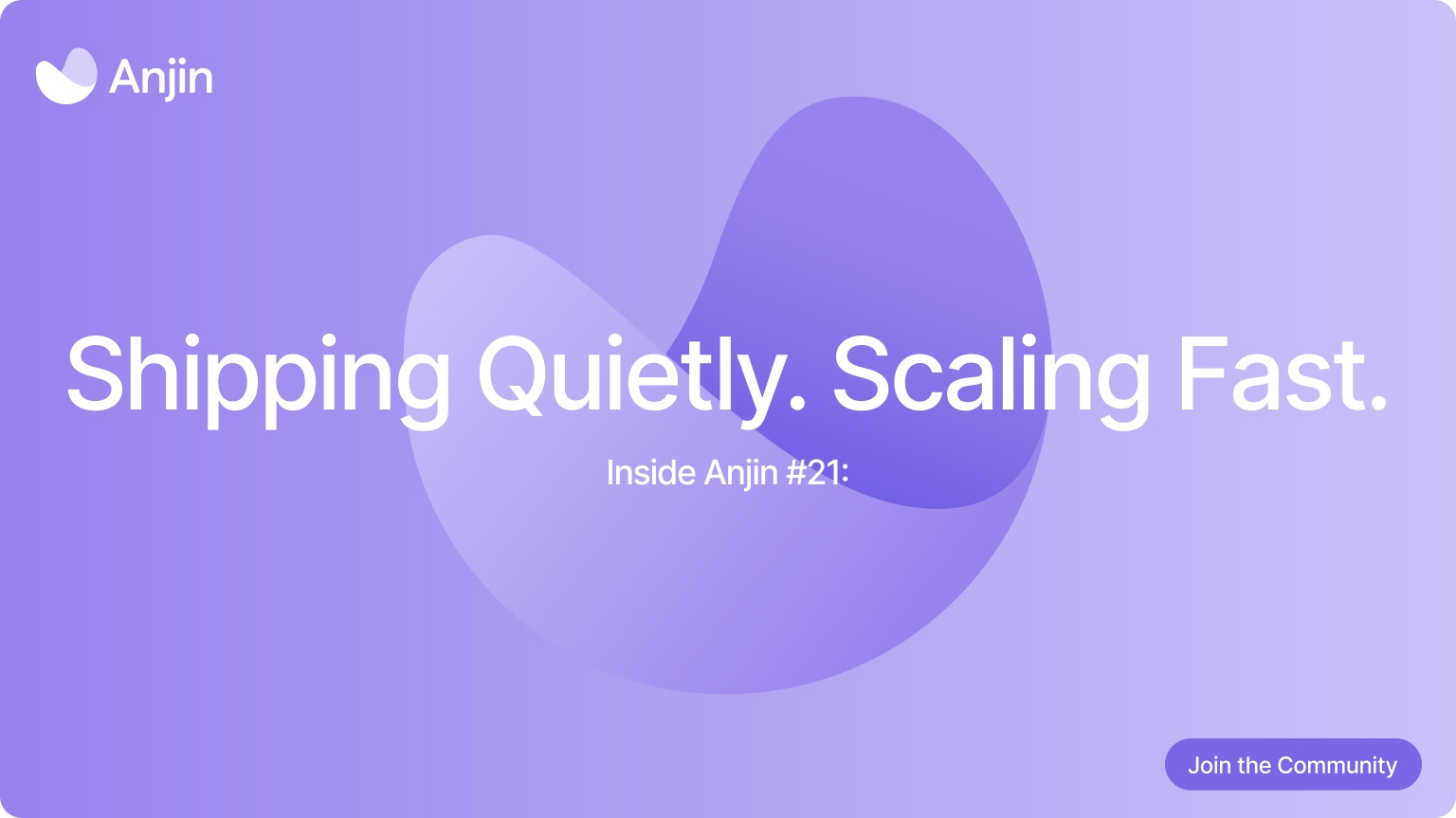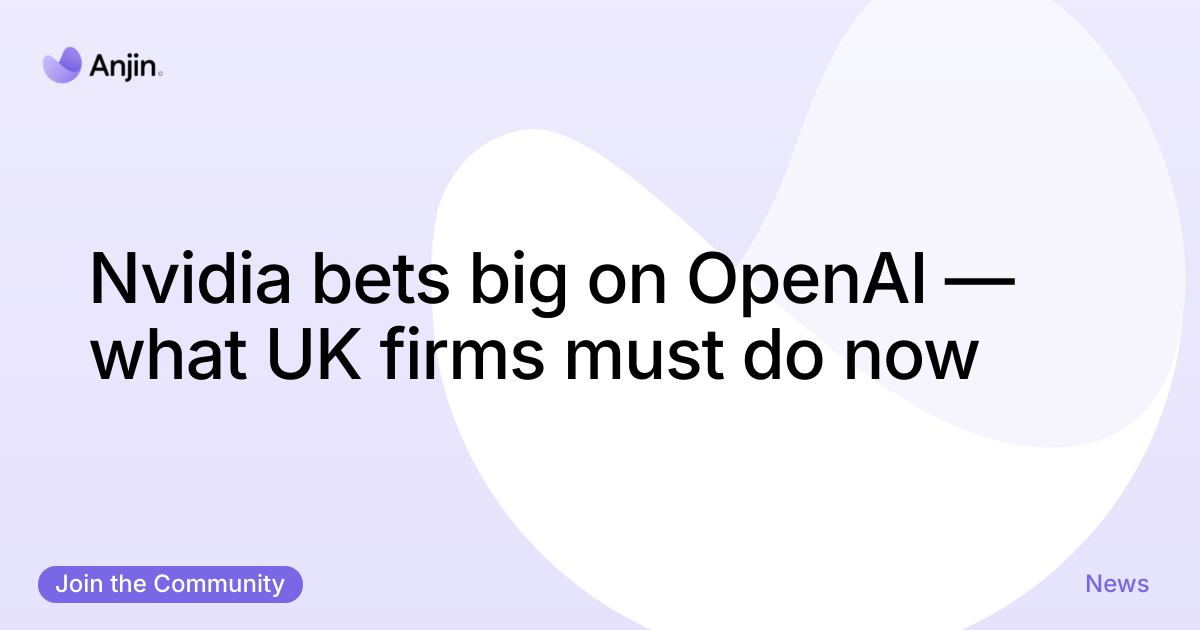The loudest thing we’ve done lately is not launch.
In a space where daily LinkedIn launches and agent demo videos compete for attention, we’ve done the opposite: we’ve kept things quiet. Not because we’re unsure. But because what we’re building deserves to be stable, clear, and actually ready.
So what’s happening behind the curtain?
A lot.
What’s Already Live (Even if You Can’t See It Yet)
While we’re not publicly open, here’s what’s active inside the private environment:
- Role-based access across agents, tiers, and dashboards
- Stripe integration fully functional with real subscriptions in test
- Agent execution flows cleaned up and logging properly
- Partner instances running through custom domains
- Onboarding and handoff playbooks for creator deployments
- A working flow to publish your own agent and define pricing, plans, and usage
This isn’t just a toolkit anymore. It’s a product platform with operational depth.
Why We’ve Delayed the Public Launch
Could we have opened the gates earlier?
Yes. But it would’ve cost us — and you — in three ways:
- Support load
We’d have spent more time patching user confusion than fixing the product. - Partner readiness
We’re working closely with early adopters to shape the platform around real businesses. That takes feedback, not flash. - Focus
Building a company while running public onboarding creates noise. We’ve chosen signal instead.
What We’ve Fixed Quietly
We won’t name every bug, but here are a few recent improvements that will make a difference to everyone on launch:
- Stripe logic rebuilt for more flexible plan logic (including per-agent pricing)
- Agent runtime upgraded to support larger payloads
- UI fallback states added for multi-agent chains
- Improved logging and error visibility for creators
- Refined agent memory handling for more consistent output
These fixes aren’t flashy. But they’re why we’re confident when we say the product will work when it opens.
A Platform That’s Getting Stronger Without Needing the Spotlight
Some tools get loud before they’re useful.
We’ve gone the other way.
We’re not posting every commit or dancing for engagement. We’re working with real users, running real agents, and prepping for real scale.
That’s what will make Anjin durable.
And that’s what will make it worth your time when you get in.
Final Thought: Quiet Now. Loud Later.
When we do launch, we want it to feel like arriving in a finished room — not a construction site.
So if it’s been quiet from us, it’s not because we’re standing still.
It’s because we’re building something that will move a lot once it’s in your hands.
Want to be there on day one?
Join the community and you’ll get early access, insider updates, and priority onboarding as we prepare to go live in September.





